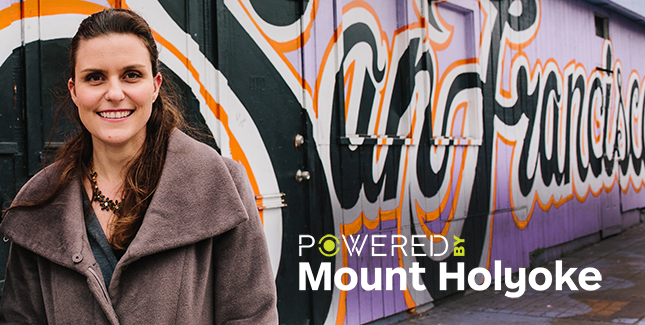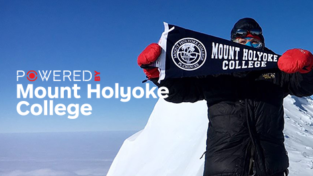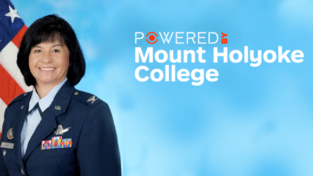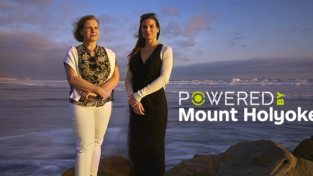Mount Holyoke Alumna Proves Universal Access to Legal Aid Reduces Poverty
“Our first year, I was doing all the casework myself, but now we have thirteen employees and have closed over nine hundred cases,” says Virginia Taylor ’08, cofounder of Bayview/Hunters Point Community Legal, a legal nonprofit she opened deliberately in the poorest area of San Francisco. Established with a friend from law school in 2013 just one year after their graduation, the company is driven by the mission to provide universal access to legal aid—they represent every community member for free. Taylor says, “We’re the first legal aid nonprofit to adopt this model of service, achieve universal access in one neighborhood, and prove that access to civil legal representation can make a dent on poverty.”
And it’s working: For every $1 the firm spends on services and overhead, they generate $6.63 in financial benefits for their clients. By offering family, consumer, housing, wills and probate, and torts law services, Bayview/Hunters Point Community Legal helps clients with landlord concerns, property seizures, domestic violence, identity theft, and much more. In 2015 Google presented the firm with an Impact Challenge Award as one of the ten most innovative nonprofits in the Bay Area, out of an applicant pool of more than eight hundred.
“We’re the first legal aid nonprofit to adopt this model of service, achieve universal access in one neighborhood, and prove that access to civil legal representation can make a dent on poverty.”
When Taylor left Mount Holyoke, she knew she wanted to pursue law and to make a difference in people’s lives, but she had no idea it could happen so quickly. Still, the confidence and determination she developed during her undergraduate work motivated her. “There have been a lot of times over the past four years when I have had no idea what I’m doing,” she says. “But I believe that even in small ways like standing up for a disenfranchised client, I have made the difference that Mount Holyoke motivated me to want to make in the world.”
While her job is often emotionally taxing, Taylor is deeply proud when she is able to make a disempowered person feel that someone is there to support them in a moment of need. Many of her clients have never had anyone stand up for them before, a fact reinforced by what is referred to as the “justice gap”: Four out of five low-income Americans who need legal aid are unable to get it. Wealthy individuals and corporations can afford all they need, but poor people are often unable to enforce their civil rights due to income inequality.
“I want to be the lawyer they need by their side, so that they make sure the legal rights they already have are being enforced,” she says. “Because when someone cannot afford a lawyer to enforce their rights, the fact that they have them theoretically, means nothing.”
—By Anne Pinkerton
June 2, 2017











Fantastic work and results. Congratulations
Inspiring story, Virginia. We need more people like you. I wonder how difficult it is to scale something like this up across the US?
Well Done, Virginia!
I understand how emotionally and intellectually taxing the job that you have set out for yourself and your team is. While it is great to receive public fanfare, it takes an enormous amount of faith and strength to do what you do day after day.
Please keep it up.
Good for you, Virginia!
I am the physician lead of the Emergency Department Utilizers Intensive Case Management team at Kaiser Permanente Northwest in Portland, Oregon. A number of the folks we care for have a need for legal aid to review things like medical benefits. There are so many confusing gaps – a person does not qualify for DD services because they have reached the age of 19, so they are dropped from coverage but they are not put onto Medicaid; a person looses coverage while incarcerated; an person with a history of alcohol abuse starts to develop dementia as well but has no DPOA. I suspect you are familiar with cases like these, and many others. What you do makes a significant difference in their lives and health, as well as the health of their families and our community. THANK YOU!!!